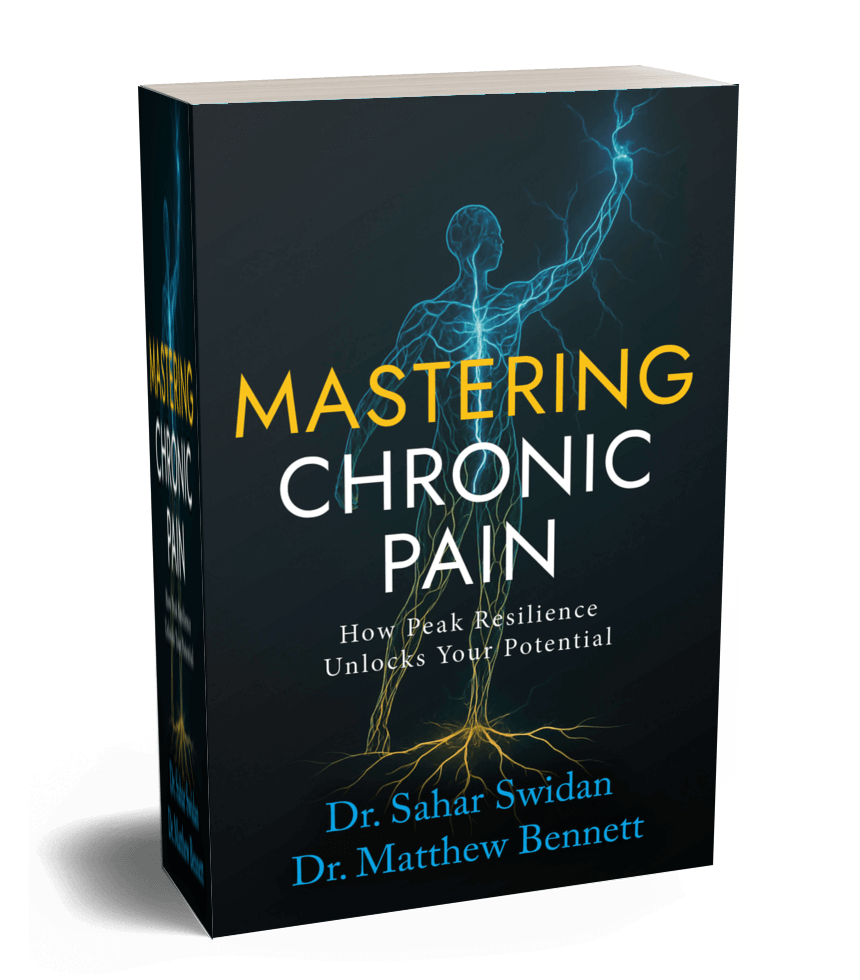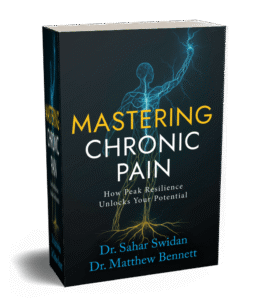The microbiome’s role in human health and environmental systems continues to expand beyond initial discoveries, with researchers now applying this knowledge to treat chronic illness, predict disease, and improve cancer outcomes. This article brings together insights from leading experts who are pushing the boundaries of microbiome science in clinical settings. From combining gut and dental testing to advancing shotgun metagenomics, these innovations are transforming how medicine approaches some of its most challenging problems.
- Advance Shotgun Metagenomics for Clinical Applications
- Combine Gut and Dental Testing for Chronic Illness
- Enhance Cancer Immunotherapy With Gut Microbiome
- Predict Metabolic Disease Through Microbial Profiling
Advance Shotgun Metagenomics for Clinical Applications
Dayhoff’s collaboration with leading microbiome researchers through its advanced bioinformatics platform has driven the commercialization of shotgun metagenomics testing, alongside a suite of other DNA and biological assays. By integrating large-scale sequencing data with sophisticated analytical pipelines, Dayhoff enables deeper insights into microbial diversity, gene functions, and host-microbe interactions across clinical and environmental samples. This innovation not only enhances healthcare by enabling precision diagnostics, personalized treatment strategies, and early disease detection, but also supports environmental initiatives through the monitoring of ecosystems, soil health, and pollution impacts. Ultimately, Dayhoff’s work bridges genomics research and practical application, empowering both medical and ecological fields with actionable, data-driven insights.

Combine Gut and Dental Testing for Chronic Illness
One innovative use of microbiome research I’ve observed is combining DNA stool testing with dental cavitation analysis to uncover hidden infections contributing to chronic illness. Many patients struggling with metabolic issues, autoimmune conditions, or unresolved inflammation have underlying imbalances in their gut microbiome and, surprisingly, in their jawbone as well. By mapping the gut microbiome alongside imaging and microbiological testing of dental cavitations (often from old root canals or wisdom tooth sites), we can detect pathogenic bacteria or fungal strains that are silently driving systemic issues. This approach shifts our perspective from treating surface symptoms to identifying deep-rooted infections affecting whole-body health. It’s transforming how we assess chronic disease, moving us closer to truly root-cause, personalized care.

Enhance Cancer Immunotherapy With Gut Microbiome
One of the most compelling and imaginative applications of microbiome research has emerged in oncology, where scientists are leveraging the gut microbiome to enhance the effectiveness of cancer immunotherapies. The insight that the microbial composition of the gut can influence how well the immune system responds to checkpoint inhibitors has revolutionized how we think about cancer treatment. Certain bacterial strains appear to prime immune cells, improving their capacity to recognize and attack tumor cells, while others can suppress immune activity and blunt therapeutic response. Researchers are now experimenting with microbial modulation, through diet, probiotics, or even fecal microbiota transplants, to optimize a patient’s microbiome before and during cancer therapy. This approach doesn’t target the tumor directly but instead strengthens the host’s biological environment to make treatments more effective. The implications are transformative. For patients who might otherwise fail to respond to life-saving immunotherapies, adjusting the microbiome could mean the difference between resistance and remission. How a person’s immune system reacts to cancer was once seen as a fixed biological trait but is now understood as something malleable, shaped by microbial life that can be cultivated and guided. It represents a shift in medicine from fighting disease in isolation to cultivating systemic harmony that allows the body to heal itself more effectively. This microbiome-oncology connection also reframes prevention. If certain microbial profiles promote immune vigilance and metabolic health, it may be possible to design future interventions that lower cancer risk long before disease develops. Diet, antibiotic use, and environmental exposures (all of which alter the microbiome) take on new importance as determinants of immune integrity. In a broader sense, microbiome research is revealing that medicine’s most powerful tools may not always be synthetic compounds, but the careful stewardship of the living ecosystems already within us.

Predict Metabolic Disease Through Microbial Profiling
One of the most compelling innovations in microbiome research has been the use of gut microbial profiling to predict metabolic disease risk and personalize dietary interventions. By analyzing the composition and function of an individual’s gut bacteria, clinicians and researchers can identify microbial patterns associated with insulin resistance, inflammation, and altered lipid metabolism long before clinical symptoms emerge. This approach has begun to transform preventive medicine by shifting focus from treating established disease to modulating early biological risk through diet, prebiotics, and lifestyle changes tailored to each person’s microbial ecosystem. The broader implication is profound. If metabolic dysfunction can be detected and mitigated through microbiome signatures, public health strategies could evolve from a reactive to a predictive model of care. This research reframes health as a product of balance and interaction, highlighting that maintaining microbial diversity is central to long-term resilience and sustainability.














